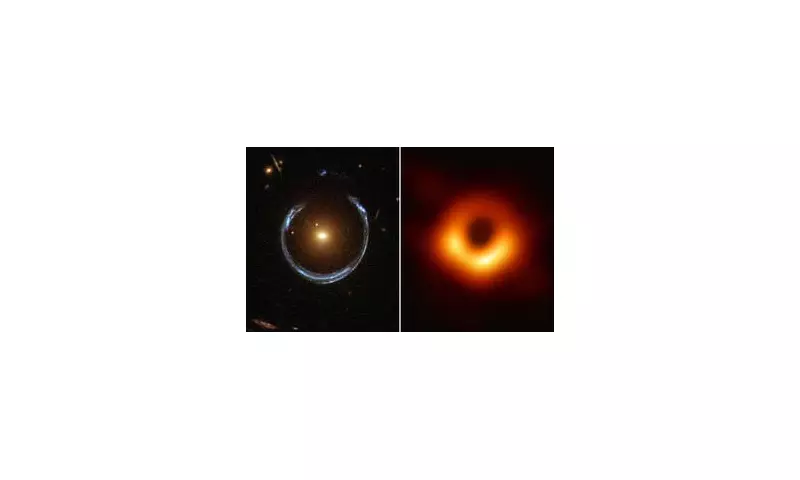
In a groundbreaking discovery, astronomers have detected the most massive black hole ever observed in the universe. This cosmic behemoth, located at the heart of a distant galaxy, weighs an astonishing 30 billion times the mass of our Sun, dwarfing previous records.
A Cosmic Giant Defying Expectations
The sheer size of this black hole has left scientists astounded, as it challenges existing theories about how such colossal structures form and evolve. Using advanced gravitational lensing techniques, researchers were able to measure its immense mass with unprecedented precision.
How Was It Discovered?
The discovery was made by a team of astrophysicists analysing data from the Hubble Space Telescope and other observatories. They noticed how the black hole's gravitational pull was bending light from galaxies behind it - a phenomenon predicted by Einstein's theory of relativity.
What Makes This Black Hole Special?
- It's the most massive black hole ever recorded
- Challenges current models of black hole formation
- Provides new insights into galaxy evolution
- Demonstrates the power of gravitational lensing techniques
Implications for Astrophysics
This discovery could revolutionise our understanding of how supermassive black holes form and grow. Current theories suggest they develop over billions of years through mergers and accretion, but this finding suggests some may form differently or grow much faster than previously thought.
Dr James Nightingale, lead researcher on the project, stated: "This black hole is pushing the boundaries of what we thought possible. Its existence forces us to reconsider our models of how these cosmic giants evolve."
Future Research Directions
Scientists are now planning follow-up observations using next-generation telescopes to study this extraordinary object in more detail. The findings may help explain some of the universe's biggest mysteries, including the relationship between black holes and their host galaxies.





